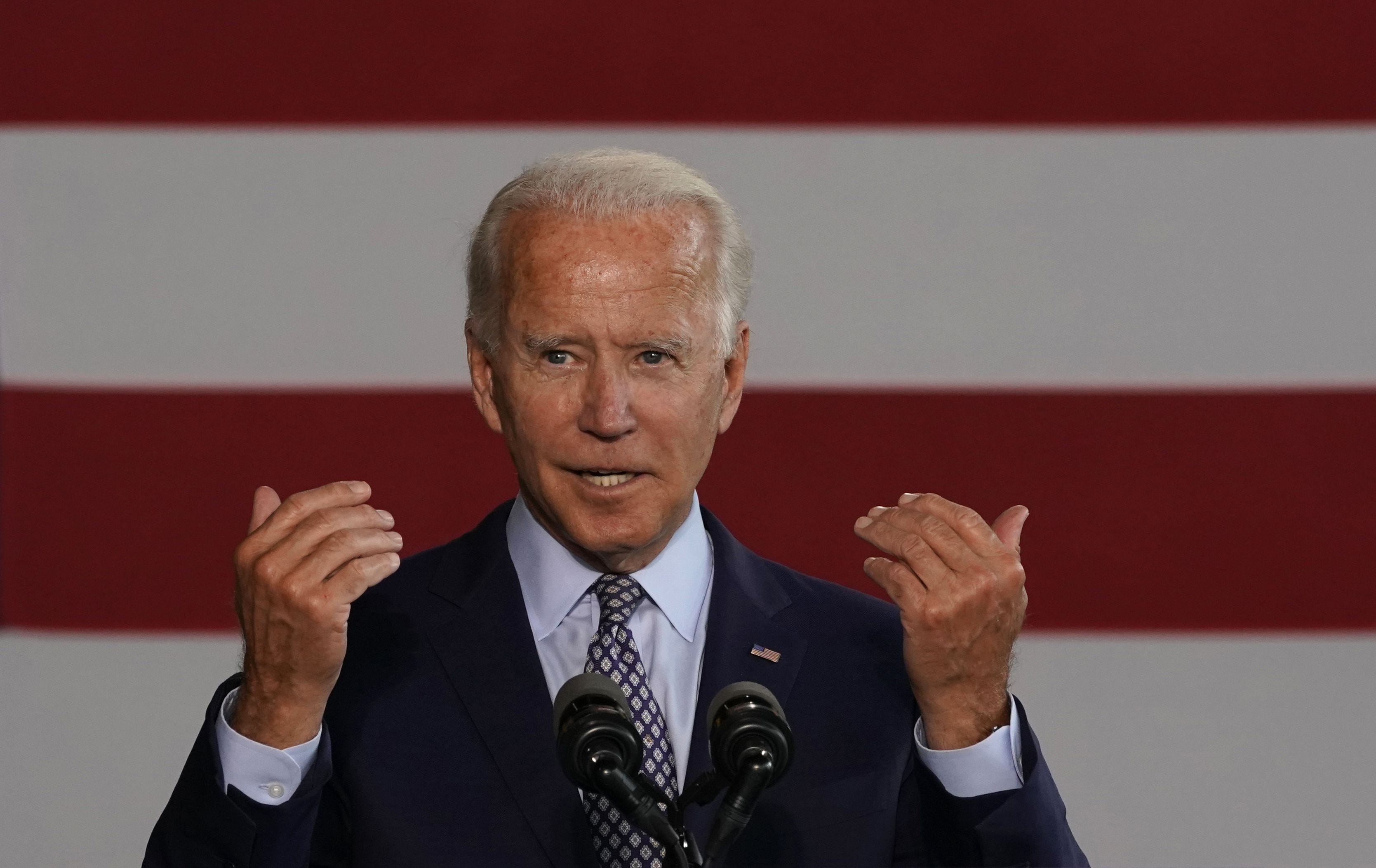

The new survey on parties and partisanship by Pew Research Center, conducted among 6,174 Americans between June 27 and July 4, 2022, on the nationally representative American Trends Panel, finds that negative sentiment – the belief that the opposing party’s policies are harmful to the country – remains a major factor in why Republicans and Democrats choose to affiliate with their party. Only about a quarter of Democrats (26%) say Republicans are lazier than others, and this has changed only modestly since 2016. A 62% majority of Republicans say Democrats are “more lazy” than other Americans, up from 46% in previous studies in 20. Yet there is one negative trait that Republicans are far more likely than Democrats to link to their political opponents. Large majorities in both parties also describe those in the other party as more closed-minded than other Americans (83% of Democrats and 69% of Republicans say this), and this sentiment also has increased in recent years.

Fewer than half in each party said this six years ago.

The pattern is similar with other negative partisan stereotypes: 72% of Republicans and 64% of Democrats say people in the opposing party are more dishonest than other Americans. Today, 72% of Republicans regard Democrats as more immoral, and 63% of Democrats say the same about Republicans. In 2016, about half of Republicans (47%) and slightly more than a third of Democrats (35%) said those in the other party were a lot or somewhat more immoral than other Americans. Perhaps the most striking change is the extent to which partisans view those in the opposing party as immoral. Growing shares in each party now describe those in the other party as more closed-minded, dishonest, immoral and unintelligent than other Americans. But increasingly, Republicans and Democrats view not just the opposing party but also the people in that party in a negative light. Partisan polarization has long been a fact of political life in the United States. Here are the questions used for the report and its methodology. adult population by gender, race, ethnicity, partisan affiliation, education and other categories. The survey is weighted to be representative of the U.S. Everyone who took part in this survey is a member of the Center’s American Trends Panel (ATP), an online survey panel that is recruited through national, random sampling of residential addresses. For this analysis, we surveyed 6,174 U.S. Pew Research Center conducted this study to better understand Americans’ feelings about the country’s major political parties and the reasons why they choose to affiliate with or lean toward a party.


 0 kommentar(er)
0 kommentar(er)
